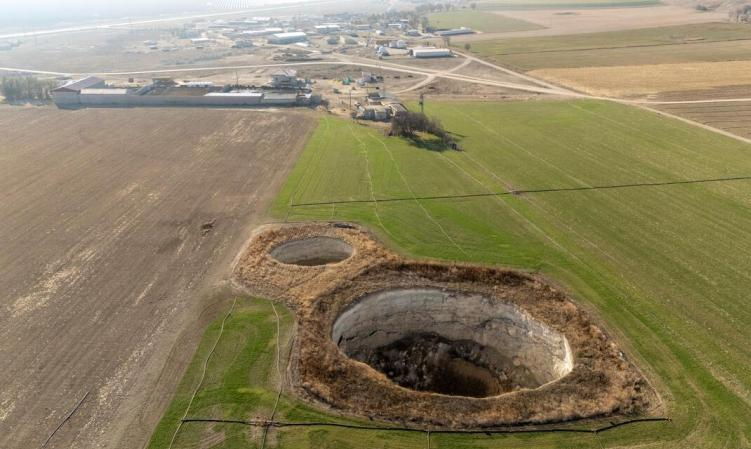
According to the latest public opinion survey, European voters believe that addressing rising prices and social inequality is the most urgent issue to be addressed in the upcoming June European Parliament elections. Economic issues have surpassed other issues such as climate change and immigration, becoming one of the top five priorities that Europeans believe newly elected decision-makers need to consider. The survey results show that the issue of rising prices remains one of the most concerning election issues for European people, followed closely by social issues such as maintaining healthcare and pension systems.
Firstly, despite the easing of inflation, price issues remain the overwhelming focus. There is no indication that people are experiencing a slowdown in the rate of price increases in their daily lives. In fact, according to a public opinion survey in September last year, nearly one-third of Europeans reported that their financial situation is "unstable". The latest round of Euronews poll shows that 68% of respondents prioritize opposing price increases, while another 25% believe that this issue is very important, even if it is not their top priority. When considering voting intentions, supporters of far right political groups and Democratic Party voters have the highest proportion among voters who prioritize price increases. As far as countries are concerned, Portugal and Greece are ranked highest, with over 80% of voters considering solving high price issues as a top priority.
Secondly, nearly 100 million Europeans face the risk of poverty and social exclusion. The survey results of European news show that reducing social inequality and maintaining the social security system are almost as important as addressing high prices. About 64% of respondents consider this a priority task, with voters in Portugal, Spain, and Romania paying the most attention to it. "In recent years, insecurity and instability, as well as a serious lack of investment in social services and protection systems, have led to about 95.3 million Europeans facing the risk of poverty and social exclusion, with one-fifth of them being children." Jan William Goodrian, Secretary General of the European Union of Public Service Trade Unions, also emphasized the urgency of addressing this issue, stating that the primary task for all parties should be to reduce costs of living, improve the quality of public services, and reduce inequality, rather than further implementing austerity policies.
In addition, issues of unemployment and economic growth are also of great concern. Supporting economic growth is considered a third priority by voters, with 62% of respondents prioritizing it. Portugal, Romania, and Greece are the countries that are most concerned about this. From an age perspective, people over 50 are the most concerned about this issue, while European manual workers and voters who tend to support the right-wing European People's Party group, the largest political group in the European Parliament, see economic growth as the most urgent task. Although the unemployment rate in the European Union remains stable at 6%, addressing unemployment remains a priority, with approximately 57% of Europeans seeing it as a top priority and 34% considering it important but not a top priority. In this regard, Portugal has the highest level of attention, followed by Spain, Greece, and Italy. By age, the population aged 55 to 64 is the most concerned about unemployment, while manual workers have the highest level of attention in their professions.
However, there are differences among political groups on how to improve economic conditions, address high prices and social inequality. In order to revive the European economy, the EU needs to enhance its global competitiveness, unleash the potential of small businesses, simplify red tape, reduce energy dependence, and create more opportunities to enter other markets to achieve trade fairness and encourage private sector innovation investment.

Due to the continuous decrease in rainfall and the rapid drop in groundwater levels, several large sinkholes have successively appeared in several agricultural areas in central Turkey in recent years, causing great concern among local farmers and environmental experts.
Due to the continuous decrease in rainfall and the rapid dr…
The Prime Minister's Office of Israel said Hamas attacked I…
Fourteen countries including the United Kingdom, France and…
The US Department of Justice said on Wednesday (December 24…
The Japanese government has submitted a draft, planning to …
On December 25th local time, NVIDIA announced a technology …